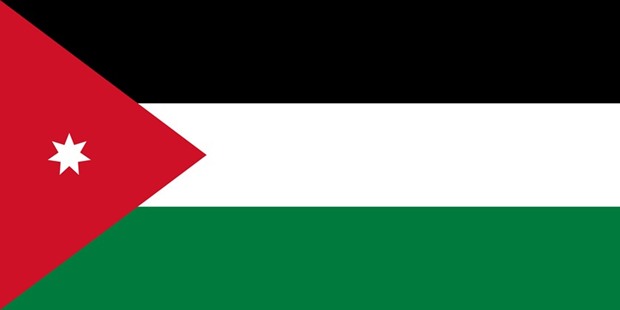With the spotlight on Turkey and Europe, Jordanians are disappointed that the world is not doing more to help them deal with the Syrian refugee crisis, says Amman analyst Nabil al-Sharif.
Anger is not so much directed at King Abdullah, says the former media minister and editor of ad-Dastour newspaper. “I think we blame mainly the insensitivity of the world to our plight.”
“There is a sense of disappointment,” he says, “actions fall far short of words.”
“If this situation continues, I think we are headed in a very difficult direction for Jordan and for the world, because if these refugees are not settled in the region, they will be knocking on the doors of Europe,” warns al-Sharif.
“Jordan is really bearing a very strong responsibility,” he says of the close to 1.5mn Syrians that the country of 8mn Jordanians hosts.
Turkey may be grappling with double the number of refugees, but with a population 10 times the size of Jordan.
If you count Iraqis, Africans and other migrants, the number reaches 2mn, meaning “one of every five people you see in the streets of Jordan today is non-Jordanian,” the analyst says.
He estimates that, directly and indirectly, some 20% of Jordan’s budget goes towards supporting refugees. The country has few natural resources.
Schools and medical clinics are overcrowded. There are strains on the security forces, who are patrolling camps and clamping down on Islamic State suspects. Housing has become scarce and prices have risen, as has unemployment.
“The problem with the Syrian working force is that it’s unregistered, unofficial and it’s all over the place. They take less than minimum wage and are willing to work as much as you want. So for business owners this is very tempting, unfortunately.”
“Especially in towns and cities neighbouring Syrian borders, all the jobs go to Syrians,” at the expense of young Jordanians.
While the government line is largely welcoming, there is “resentment” among the population at the realisation that this is now a long-term problem, says al-Sharif.
“No, we don’t want 20% of the population to just stay forever. These people were guests yesterday. All of a sudden now they are part of society for we don’t know until when.”
The influx is altering the fabric of Jordanian society, even if the culture clash is different from that in Europe, where there are language barriers and where a Muslim minority is growing.
“Of course (here) we are all Arabs, we are all Muslims, but there are variations in the social customs in each country,” says al-Sharif.
In some ways, he says, Jordan, tribal and Bedouin in nature, is more conservative than Syria. But in others, Jordan is more modern.
Newspapers, although they mostly follow the government line, sometimes complain in their editorials that “Syrian refugees have changed the moral values of society,” he says.
Asked whether there are discussions in Jordan on the benefits of migration, al-Sharif notes “there is a transformation in the official Jordanian discourse ... that they [refugees] are not a threat, they could be an opportunity.”
“But if you ask me did the government succeed in selling this new approach to the people? My answer is no,” he adds.
“By taking in this number of refugees, we are helping Europe. So the message is very clear. We are helping you, so help us.”

